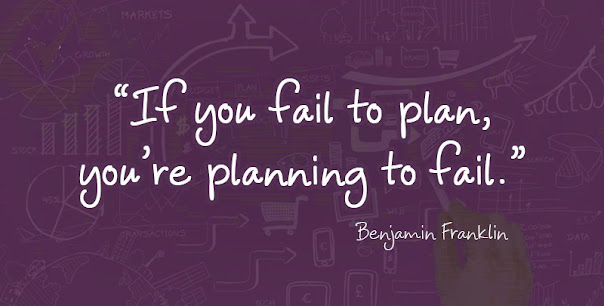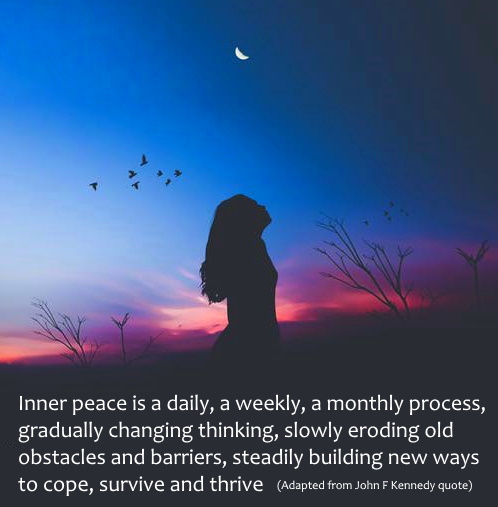
Event
Planning: Preparing for Upcoming Events to Prevent Setbacks
Background: This activity is
designed for active preparation for an upcoming event that may be challenging
to deal with as related to substance use and co-occurring mental health issues.
Often events can bring with them various triggers and other obstacles that can
make it challenging to maintain a course of progress. It makes sense to plan
ahead when a challenging event is on the horizon so as to prevent setbacks.
There
are many examples of the types of events that can qualify for use of this
exercise – Review:
Holidays – Or celebrations
Anniversaries - (Either positive or
negative such as anniversary of a loss)
“Firsts” – First date, first day at new job, first day
at school, first time going somewhere sober, etc.
Social events – Meeting new people, meeting people
from the past, large gatherings, being around people we don’t know, etc.
Knowing we are going to have to be around certain types of people and places can
also be a challenge, including:
People
who are intimidating, rude, mean, ignorant or aggressive
People
who we feel like we may have “unfinished business” from the past
People
we have not seen in a while, and we do not know how they are going to react
today
People
whom we have a negative or traumatic past or history with
Places
associated with substance use
Places
associated with emotional stress, trauma, or bad memories
General
life situations where we know there will be pressure to use
Performances - Public speaking for example or anything
where we may be “in the spotlight”
Challenging or anxiety inducing appointments – Court date,
important doctor appointment, etc.
Other - Any event that is known to be coming up soon
that is has factors that could derail a pattern of progress can qualify for
this activity. Some issues of concern may be events that trigger the following:
Past
trauma
Difficult
emotions
Anxiety
Insecurity/Self-esteem
struggle
Anger
or fear inducing
Activity – Choose an event
using the list on the previous page that needs Event Planning to Prevent
Setbacks - Then fill out your own answers on the last page and then
discuss what you came up with
There are three columns
to fill out in the grid:
Potential
Setback Factor
– Anything that can set you off, lead to difficult emotions or urges, or put
you in the general wrong direction that you may encounter at this upcoming
event. These can be seemingly positive situations as well such as celebratory
feelings or excitement.
Impulsive
& Emotional Reaction- What negative reactions might you need to watch out for?
These are the reactions that happen when we don’t think or plan ahead. What
might you do when you are not prepared?
Planned
& Practical Reaction – Think now about what an effective way is to handle this
setback factor if you should you come across it. What is a positive plan that you
can follow to avoid trouble? Think of coping skills and supports that you know
work for you
SAMPLE:
Event:
“Going
back to visit my family for the first time since I stopped using drugs recently”
Potential Setback Factor - Old friends may hear I am back in town and reach
out to invite me to go places that I know I should stay away from
Impulsive & Emotional Reaction - Just give in and go and see the old crew and
worry about the consequences later
Planned & Practical Reaction - Prepare
some refusal statements ahead of time like “I can’t go out with you, I promised
to spend time with my parents” Also don’t answer unknown phone calls and texts
As
a group decide if everyone is going to do the same event (like a holiday if one
is coming up) Or else everyone can come up with their own event based on their
own lives. Fill out the chart on the following page while trying to come up
with the best plan that you can. Discuss your Event Planning grids as a group.
Shorter
version
– The group can fill out one grid collectively as a group instead of everyone
doing their own
Name/Type of Event (Use list from first section) _______________________
Potential
Setback Factor 1 –
Impulsive & Emotional
Reaction 1-
Planned & Practical
Reaction 1 –
______
Potential Setback Factor 2 –
Impulsive & Emotional Reaction 2-
Planned & Practical Reaction 2 –
______
Potential Setback Factor 3 –
Impulsive & Emotional Reaction 3 -
Planned & Practical Reaction 3 –
FOR A PRINTABLE VERSION CLICK HERE













